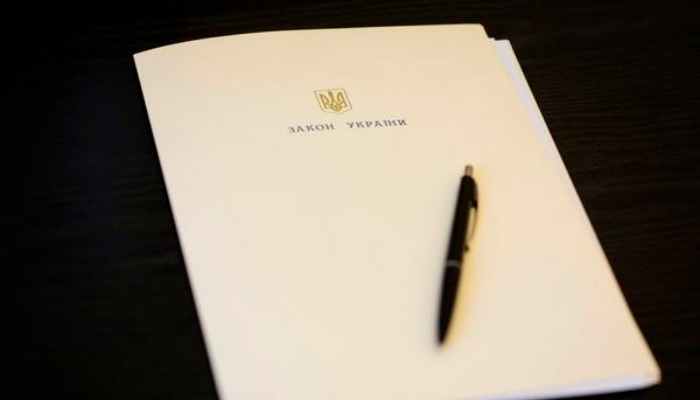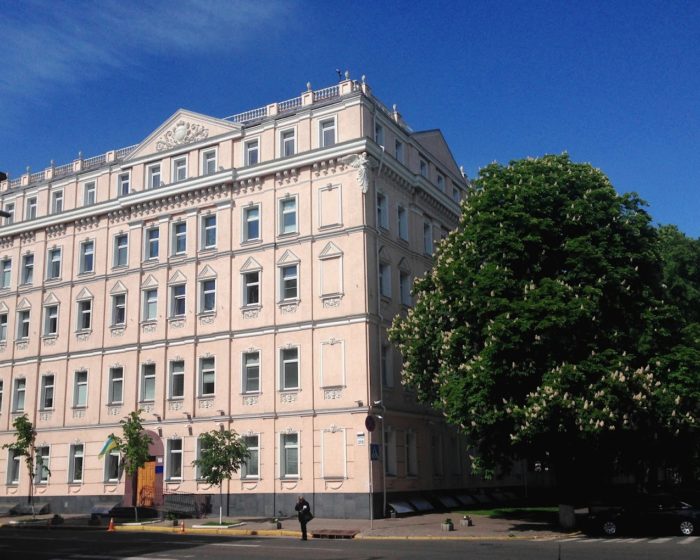New ombudsman law proposed in Ukrainian Parliament: key changes and criticisms
A draft law introducing significant changes to the legislation governing the Human Rights Commissioner (Ombudsman) has been submitted to Ukraine’s Verkhovna Rada. The text of the proposed bill, registered as No. 13181, is available on the parliament’s website.
 Illustrative image. Photo: Verkhovna Rada of Ukraine
Illustrative image. Photo: Verkhovna Rada of UkraineFor several years, Ukrainian human rights advocates and international partners have urged amendments to the legal framework surrounding the Ombudsman’s office. These calls have intensified as Ukraine seeks closer alignment with European Union law as part of its Euro-integration efforts.
A central demand has been reforming the Ombudsman’s selection process to ensure independence, aligning it with the Paris Principles. This includes publicly announcing vacancies, establishing clear and uniform criteria for evaluating candidates’ merits, and enabling civil society to play a role in the nomination process.
Alena Lunova, Advocacy Director at the Human Rights Centre ZMINA, commented on the submitted draft law, noting that while the public had been involved in its preparation, the final text omitted several crucial provisions advocated by human rights organisations.
“A key demand from civil society organisations regarding a transparent selection and nomination process has disappeared from the bill. The initial draft stipulated that candidates could be nominated by the Speaker of Parliament, 45 Members of Parliament, and public associations. The registered version retains the current procedure,” Lunova stated.
Furthermore, the final version of the document does not mention a competitive selection process involving public participation.
In contrast, a draft law on the Ombudsman, developed with the input of experts from civil society organisations and presented in April 2024, proposed the involvement of a special committee in the selection process. This committee would have comprised Members of Parliament, representatives of public associations, and human rights defenders “systematically engaged in the protection of human rights.” Their role would have been assessing candidates and presenting recommendations to parliamentarians before the final vote.
 Building of the Ombudsman’s Office in the government quarter of Kyiv. Photo: Commissioner for Human Rights of the Verkhovna Rada of Ukraine
Building of the Ombudsman’s Office in the government quarter of Kyiv. Photo: Commissioner for Human Rights of the Verkhovna Rada of UkraineDespite these omissions, the version of the law submitted to the Verkhovna Rada does contain several positive changes. Notably, it proposes lowering the minimum age for Ombudsman candidates from 40 to 35.
The draft law also includes additional guarantees for the National Preventive Mechanism (NPM), which aims to prevent torture and ill-treatment in places of detention through unannounced inspections. The draft law’s authors have proposed compensation for the costs associated with engaging external experts for the NPM.
The issue of stable funding for the Ombudsman’s institution has also been addressed. Article 13 of the draft law stipulates that the budget allocated to the Commissioner’s work should not be less than the previous year’s allocation. The law also proposes introducing a procedure to allow the institution to request additional funding as needed.
Since the onset of the full-scale invasion, the workload of the Ombudsman’s Office has significantly increased, yet its budget primarily covers salaries and utilities. Less than 1% of the budget is allocated for research and official travel.
Lunyova described the bill as beneficial, albeit not the revolutionary overhaul that civil society had envisioned during the drafting process.
“It will allow for the improvement of certain operational processes within the Ombudsman’s Office, but it will not fundamentally change anything,” she said.
According to Lunyova, several related draft laws are expected to be submitted to the Verkhovna Rada soon, which aim to introduce liability for obstructing the Ombudsman or their representatives from accessing places of detention.
The authors of Bill No. 13181 were reportedly unable to include these changes in the current draft.
The current Human Rights Commissioner, Dmytro Lubinets, was appointed in 2022 amidst controversy following the dismissal of his predecessor due to a “vote of no confidence”. To facilitate this dismissal, the Verkhovna Rada adopted a special law, prompting outrage among legal professionals.
Prior to Lubinets, Lyudmyla Denisova served as Ombudsman and was appointed by Parliament in a manner that violated procedure. Human rights advocates demanded an investigation into her activities, particularly following the publication by the National Anti-Corruption Bureau of Ukraine (NABU) of alleged phone conversations involving the former head of the District Administrative Court of Kyiv (OASK), Pavlo Vovk, in which he purportedly claimed to have influence over the then-Ombudsman.
Denisova is currently under suspicion for allegedly misdeclaring 42 million hryvnias, charges she denies.














